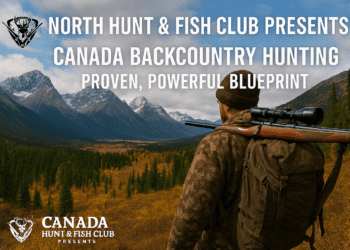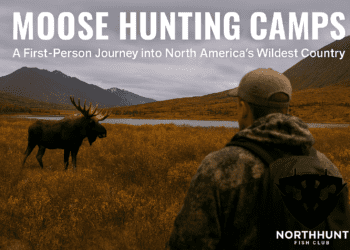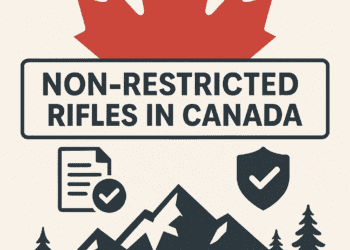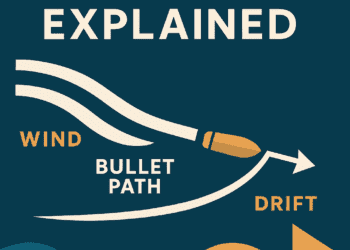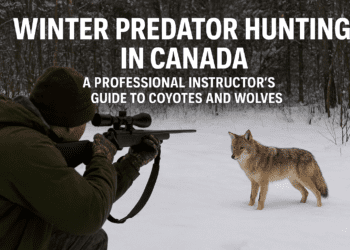Moose Hunting Trips Canada 2025: Canada stands out as one of the best places for moose hunting. The wilderness stretches from Ontario all the way to Alberta, offering endless opportunities for adventure.
Professional outfitters here run guided hunts with success rates from 30% up to 76%—that’s way higher than most places. Many lodges control exclusive territories that span millions of acres filled with prime moose habitat.
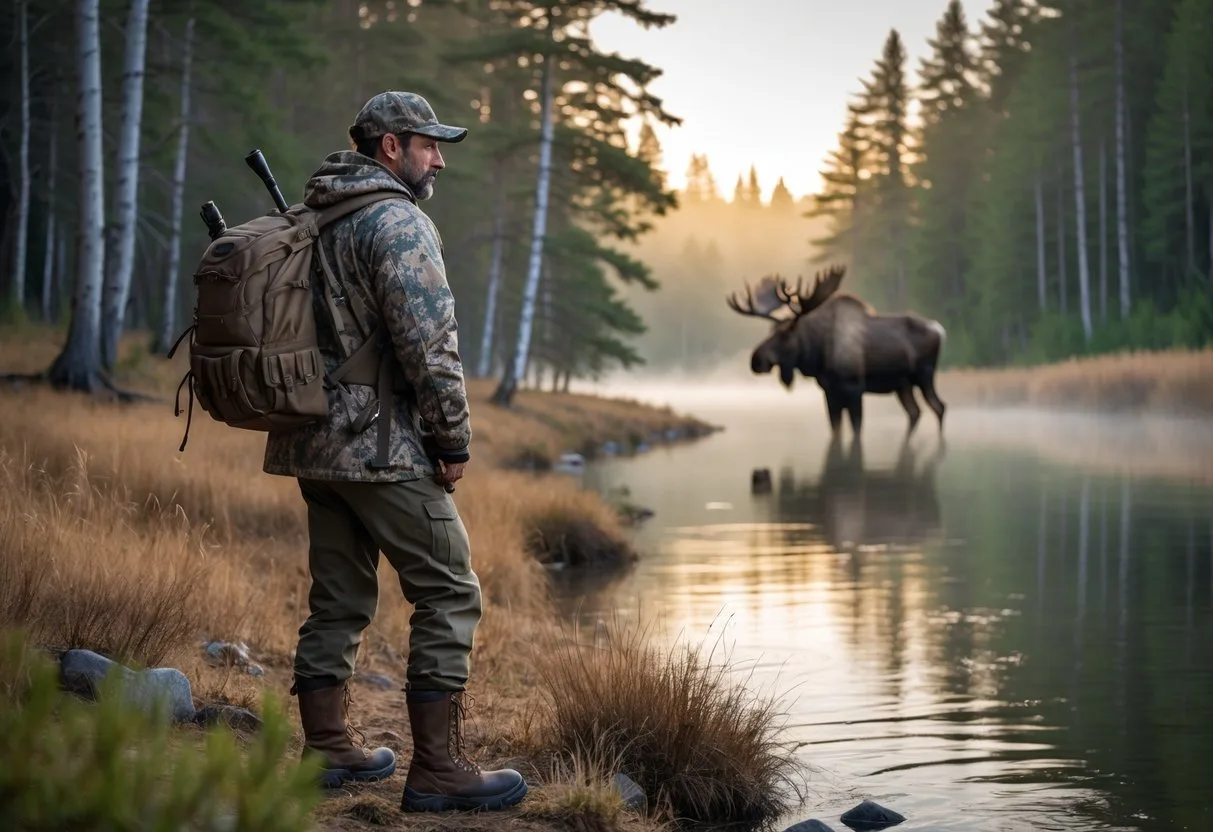
I’ve dug into the details of Canadian outfitters that welcome hunters of all skill levels. Big Sand Lake Lodge claims the largest exclusive moose hunting territory in the country.
Gray Wood Outfitters says they hit a 76% success rate for trophy bulls tipping the scales at over 1,500 pounds. Most of these hunts run from late September into the fall migration.
The experience ranges from remote fly-in wilderness camps to comfortable, cozy lodges. Outfitters include professional guides, and lots of them offer extras like trophy fishing.
Some lodges cap their hunts at just four hunters a year to keep the grounds exclusive and thriving.
Key Takeaways
- Canadian moose hunting can reach success rates up to 76% with pro guides in exclusive areas (Outdoor Life)
- Most hunts happen from late September through fall, with options for every skill level
- Outfitters usually offer full packages—guides, lodging, and even fishing
Planning Moose Hunting Trips in Canada
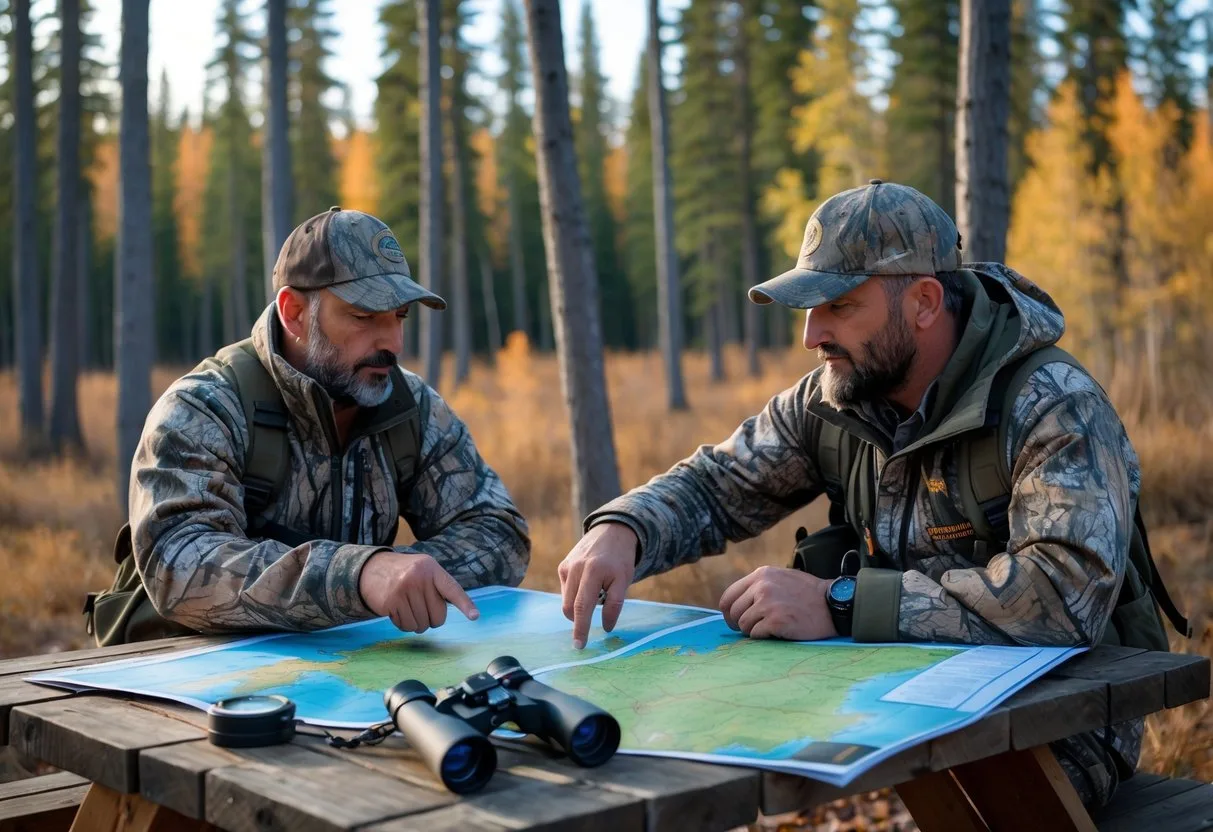
Planning a moose hunt in Canada means picking the right province, timing your trip, and choosing between guided or DIY options. Each choice changes your odds of landing that trophy bull and shapes the whole experience.
Top Provinces and Trophy Destinations – Moose Hunting Trips Canada 2025:
Honestly, three provinces stand out if you want a shot at the biggest moose in North America. Each brings something different—whether it’s the style of hunt or your budget.
British Columbia is famous for Yukon moose, the absolute giants of Canada. Antler spreads can go well past six feet, but the terrain. It’s tough and wild in the northwest.
Alberta gives you easier hunting conditions thanks to a mix of farmland, edge habitat, and deep woods. The province covers around 500,000 acres of prime territory.
Newfoundland brings wild-high success rates of 80-90%, especially during the rut in September and October. The land’s so accessible you can reach hot spots by ATV, boat, or just a short hike.
Manitoba also deserves a mention. Its top lodges sit 500 miles north of the border, offering true wilderness and a real shot at a trophy.
Best Times and Seasons for Moose Hunting
Timing is everything in moose hunting. The rut season is really your best chance to call in a mature bull.
September through October is when most provinces hit peak season. Bulls get active and answer calls—cow or grunt—much more often.
In Alberta, late season hunts in November are great for rifle hunters. Bulls might be less fired up post-rut, but they’re still out there.
Weather matters a ton. I always pack for cold and wet since moose country can get rough.
Early mornings and late evenings are prime time. Moose move most when it’s cool.
Types of Moose Hunts: Guided, Self-Guided, and Combo Packages
I usually weigh three main hunting options: guided, self-guided, and combo packages. What you pick depends on your experience, budget, and how much support you want.
Guided hunts offer the best odds and safety. Outfitters know moose habits and the lay of the land—plus, they handle permits and get you into remote camps by float plane.
Self-guided hunts are for the hardcore folks who want independence. I only recommend this if you know your way around the wild and have the right gear.
Combo packages mix guided help with some freedom. Usually, you get transport, a place to stay, and some advice, but you hunt on your own terms.
Some lodges keep things exclusive with just four hunters a year, which boosts your odds. If you want a top spot, book early—they fill up fast.
Most packages cover licenses, tags, a bed, and meals. Getting to remote spots often means float planes, ATVs, or even a horse, depending on where you go.
Essential Information for a Successful Moose Hunt – Moose Hunting Trips Canada 2025:
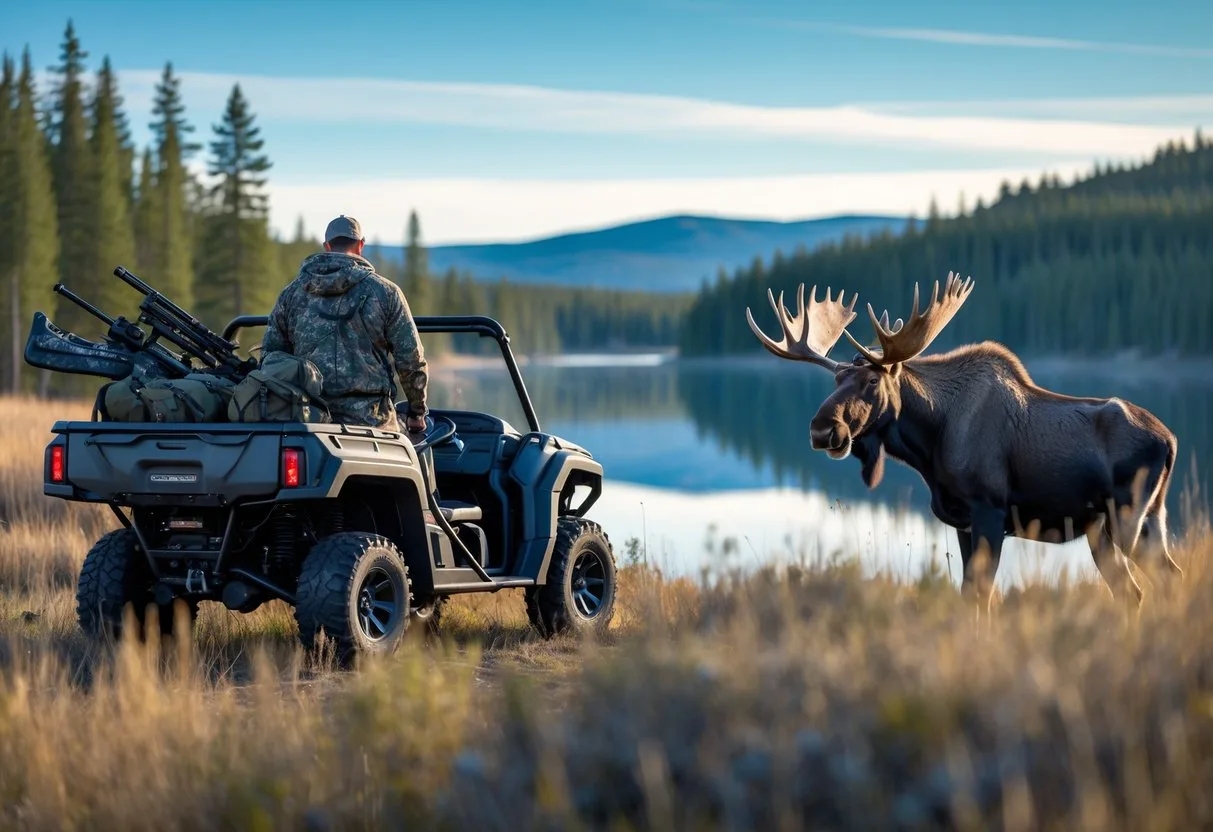
Most Canadian provinces make you get specific licenses and tags, often through a lottery. Knowing how moose behave and using proven methods—like calling at the right times—really boosts your odds.
Licenses, Tags, and Legal Requirements – Moose Hunting Trips Canada 2025:
I can’t stress enough how strict moose regulations are in Canada. Getting licensed is always my first step. Most places use a draw or lottery system, so you need to apply early.
Key Requirements by Province:
- Quebec: Application deadline is usually March for fall hunts
- Ontario: Several lottery draws each year
- Manitoba: Applications often combined with other big game
- Saskatchewan: Different rules for residents and non-residents
Non-residents face extra hoops. Many areas make you hunt with a licensed guide. Always double-check the rules before you set anything in stone.
Legal Considerations:
- Minimum caliber rules change by province
- Hunter education courses are a must
- Orange safety gear required in some seasons
- Bow and rifle seasons have different weapon restrictions
I always look up the latest regulations on each province’s wildlife site. They change things up every year, and mistakes can cost you your license.
Hunting Methods and Strategies – Moose Hunting Trips Canada 2025:
If you want to succeed at moose hunting, you need to know how they move and where they like to hang out. The best hunting happens right after sunrise and before sunset when moose are on the move.
Primary Hunting Methods:
- Calling: Works best during the rut (September–October)
- Still hunting: Slow and steady through good habitat
- Stand hunting: Set up near feeding spots or trails
- Spot and stalk: Glassing, then moving in for a close shot
I focus on spots near shallow water, swamps, and thick cover. Fresh sign—tracks, droppings, snapped branches—means moose are nearby.
Essential Calling Techniques:
- Cow calls for pre-rut and rut
- Bull grunts to challenge big males
- Calf calls to pull in protective cows
- Antler rattling to mimic fighting bulls
Game calls take practice. I usually start with basic cow calls and work up to more advanced stuff as I get comfortable.
Weather really changes the game. Calm, cool mornings are ideal for calling. Windy days? Moose get unpredictable.
Moose Population, Success Rates, and Conservation
Canada’s moose herds are some of the healthiest in North America, but numbers swing a lot by province. Knowing where the herds are strongest helps me pick the right spot.
Population Status by Province:
- Ontario: Over 100,000 moose
- Quebec: Big numbers up north
- Manitoba: Stable, with trophy potential
- Saskatchewan: Healthy herds in the boreal forests
- Alberta: Populations bouncing back in many areas
General license holders usually see success rates of 15–30%. Guided hunts? Those can push 60–80%. Hunting moose isn’t easy, but that’s part of the appeal.
Wildlife departments use harvest data to manage herds. You can actually check this info to find zones with better odds and higher moose densities. For more on wildlife management, see the Canadian government’s official site (DA 90+).
Conservation Considerations:
- Strict quotas keep things sustainable
- Hunter surveys help track populations
- License fees fund habitat work
- Reporting harvests is mandatory
Climate change and habitat loss are real threats. As temperatures climb, moose move north, crowding into certain regions and dropping in others.
Frequently Asked Questions – Moose Hunting Trips Canada 2025:
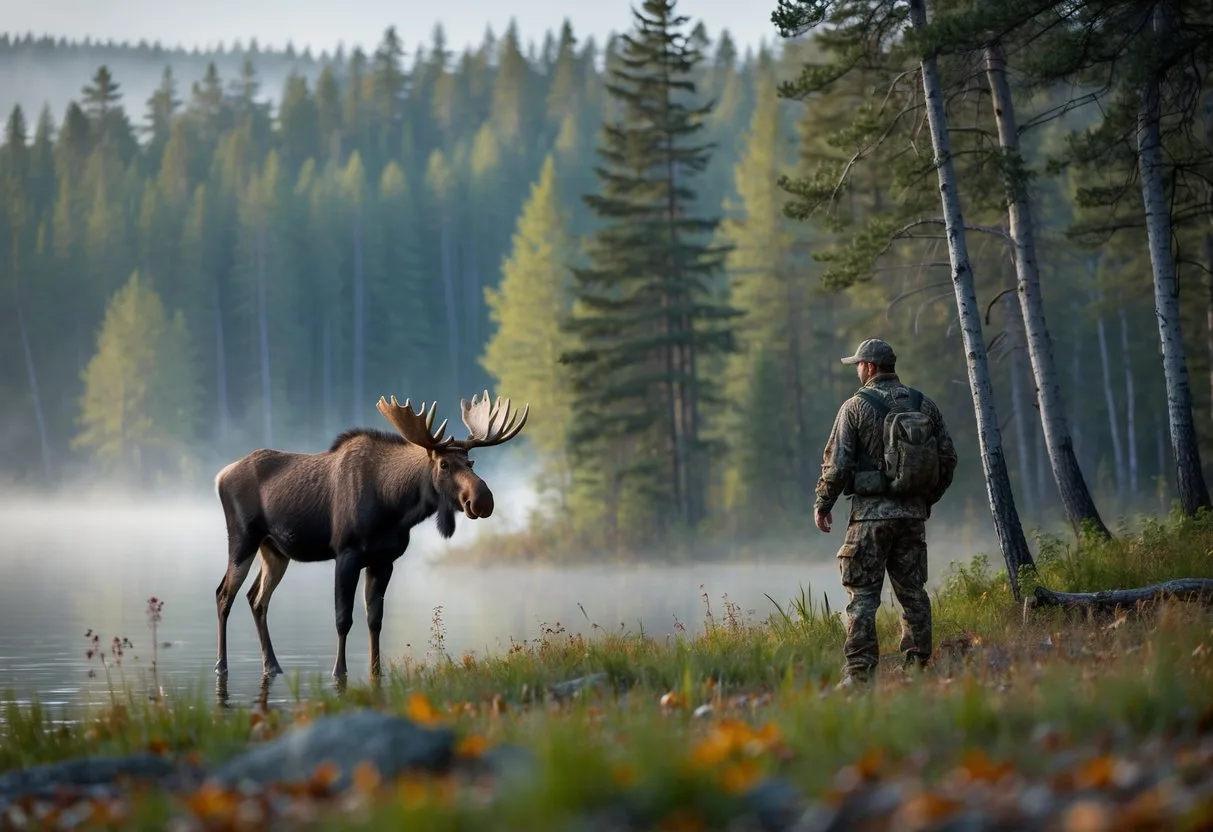
Moose hunting in Canada needs the right licenses, tags, and permits, and the details change by province. Most places run hunting seasons from September to November, but the requirements for residents and visitors aren’t always the same.
What are the legal requirements for moose hunting in Canada?
I always need a stack of paperwork to hunt moose legally in Canada. Every province sets its own rules, so it pays to double-check.
In Ontario, I have to get an Outdoors Card, a moose license, and a tag for the right season and zone. If I’m hunting with a gun, I need proof of firearms training too.
Quebec’s system is similar, but you go through the Ministère des Forêts, de la Faune et des Parcs. The exact paperwork depends on the hunting zone.
All hunters have to report their results at the end of the season. That’s how wildlife officials keep tabs on moose numbers across Canada. For more details on regulations and conservation, check National Wildlife Federation (DA 80+).
Which provinces in Canada offer the best moose hunting experiences?
Newfoundland really stands out for moose hunting. Some outfitters even report 80-90% success rates, especially during September and October.
Ontario’s Wildlife Management Unit system creates excellent hunting opportunities. The province has strong moose populations and plenty of well-managed areas to explore.
Quebec offers a mix of hunting experiences across its many zones. Each zone sets its own seasons and bag limits, so there’s a bit of flexibility depending on what you’re after.
Manitoba’s also a solid choice for quality moose hunts. You’ll find established outfitters and guides working in some of the province’s best moose territory.
For more details on Canadian hunting regulations, you can check the official Government of Canada resources.
When is moose hunting season typically open in Canada?
Generally, moose hunting runs from mid-September to early November, but the dates really depend on the province and the specific zone. It’s always smart to double-check the latest info before you go.
In Ontario, seasons usually start in mid-September and wrap up in early November. Each Wildlife Management Unit sets its own calendar, so you’ll want to check those details.
Quebec’s 2024-2025 seasons stretch from early September to late October. Some zones, like Zone 15 East, offer bow hunting from September 27 to October 5.
Some provinces toss in special seasons for different hunting methods. You might find bow-only or muzzleloader seasons in addition to the regular rifle hunts.
If you want up-to-date provincial regulations, the Ontario government’s hunting page is a good place to start.
What types of moose hunting licenses are available to non-residents in Canada?
Non-residents usually face a few more hoops than Canadian residents. You’ll need a special non-resident license, along with the regular hunting permits.
Ontario’s process is pretty similar for non-residents, though you might run into extra restrictions or paperwork. The licensing system itself doesn’t really change, but you could need additional documentation.
Quebec often expects non-residents to hire a guide or outfitter, especially if you’re not familiar with the area or local rules. It’s not a bad idea, honestly—it can make things smoother.
Each province sets its own fees and requirements for non-residents. Expect the license costs to be a bit higher if you’re coming from out of province or abroad.
For comprehensive licensing info, the Parks Canada hunting guidelines are worth a look.
Are there any recommended outfitters for guided moose hunting trips in Canada?
You can find quality outfitters by digging through online directories or just asking experienced hunters. A lot of folks recommend talking to local guides before you commit to an outfitter.
Big Sand Lake Lodge runs guided hunts in Manitoba’s prime moose country. They’re known for trips in areas with healthy moose populations.
Newfoundland’s packed with established outfitters who have solid success rates. The terrain’s pretty accessible too, which makes it easier to get to good hunting spots.
It’s worth researching each outfitter’s track record, client reviews, and what’s included in their packages. Some offer deals that bundle lodging, meals, and gear, which can make planning a lot less stressful.
To compare outfitters, you might want to visit the Outdoor Life website for reviews and tips.
What equipment is considered essential for a moose hunting expedition in Canada?
I always bring essential medications like ibuprofen, acetaminophen, and any prescription drugs I need. Hunting outfitters suggest packing enough prescription meds for at least seven extra days.
Layered clothing matters a lot in unpredictable Canadian weather. I usually toss in t-shirts, sweatshirts, cotton shirts, and a flannel or two for those wild temperature swings.
I never forget a first-aid kit. A map and compass go into my pack too, just in case I wander off the trail.
Extra food and water? Absolutely—better safe than sorry. And I always wear bright hunter orange so other hunters spot me easily.
Choosing a hunting weapon really depends on the season and regulations in the area. Rifles, bows, crossbows, and muzzleloaders are all legal at different times or places—so it’s smart to check local rules before heading out. For more details on hunting regulations in Canada, check the official Government of Canada hunting guidelines (DA 95).


